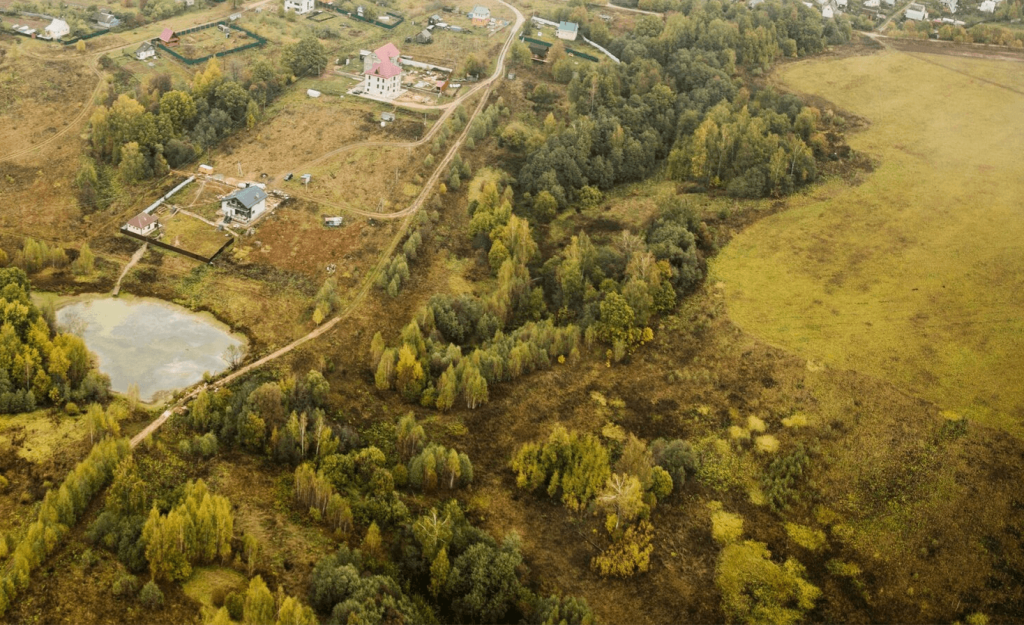
Abuja, the vibrant capital of Nigeria, has witnessed significant growth and development in recent years. This growth has naturally led to a surge in demand for land, making it a prime investment opportunity. If you're considering buying land in Abuja, this comprehensive guide will provide you with valuable insights to help you make informed decisions and maximize your investment potential.
Buying Land in Abuja: A Strategic Investment
- Types of Land: Abuja offers a diverse range of land options, including residential, commercial, and agricultural plots. Each type has its own unique characteristics and potential returns.
- Location: The location of your land is a crucial factor. Consider factors such as proximity to amenities, transportation hubs, and future development plans.
- Zoning: Ensure that the land you're interested in is zoned for your intended use. Zoning regulations determine what can be
built on a particular piece of land.
Key Considerations for Buying Land in Abuja
- Land Title: Verify the land's title to ensure it is legally owned and free from encumbrances. A Certificate of Occupancy (C of O) is a common document used to prove ownership.
- Land Size: Determine the appropriate size of land based on your needs and budget. Consider factors such as future development plans and potential resale value.
- Land Topography: The topography of the land can affect development costs and usage. Steep slopes or water bodies may require additional considerations.
- Infrastructure: Assess the availability of essential infrastructure, such as electricity, water, and roads, in the area.
- Community and Security: Research the local community and security situation. Consider factors like crime rates and the overall quality of life.
The Buying Process
- Research and Planning: Conduct thorough research on the Abuja land market, identifying potential areas of interest and understanding the buying process.
- Land Agent or Attorney: Consider working with a reputable land agent or attorney who specializes in real estate transactions in Abuja. They can provide expert advice and assist with negotiations.
- Site Visit: Visit the land in person to assess its suitability and potential.
- Due Diligence: Conduct due diligence to verify the land's title, zoning, and any potential issues.
-
Negotiation: Negotiate the purchase price and terms with the seller.
-
Legal Documentation: Complete the necessary legal documents, including the sale agreement and transfer of title.
- Payment: Make the agreed-upon payment, which may involve a down payment and installments.
- Possession: Once the payment is completed, you will take possession of the land. Conclusion Buying land in Abuja can be a rewarding investment.
By carefully considering the factors outlined in this comprehensive guide and working with a trusted partner like Next Gear Group, you can make informed decisions and maximize your investment potential. Remember, a strategic approach to land investment in Abuja can yield significant returns.